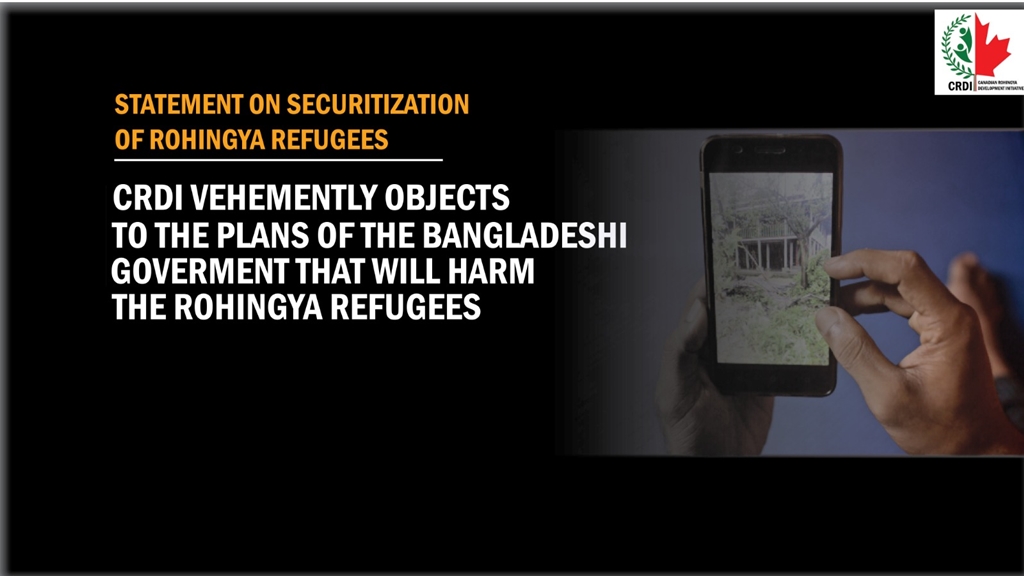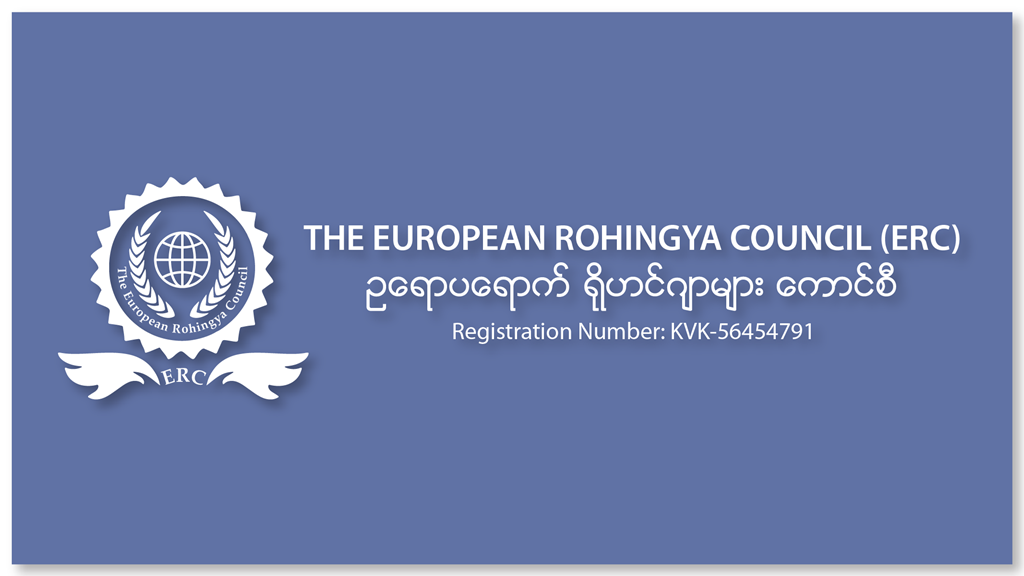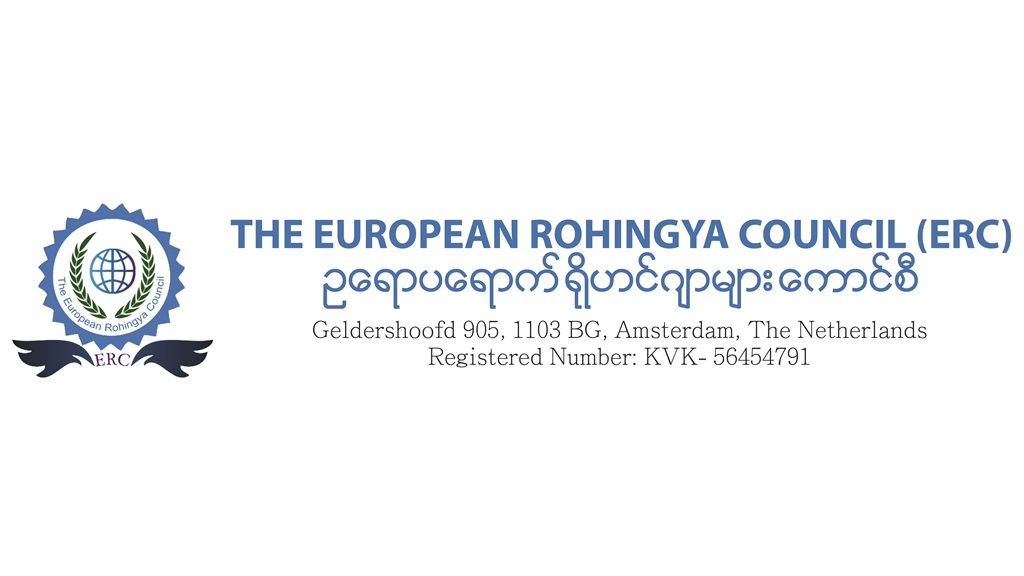
CRDI strongly opposes the Government of Bangladesh’s securitization of the Rohingya refugee camps in Cox’s Bazar
- 11/09/2019
- 0
(Toronto, Canada, September 10, 2019) — CRDI is worried about Bangladesh’s new plan to securitize the Rohingya refugee camps in Bangladesh. Most notably, the proposal to take over all administrative responsibilities in the Rohingya camps and prevent Rohingya refugees from purchasing SIM cards and to ban cell phone and internet (3G and 4G) use are alarming. On September 10, there were reports that the Bangladesh Telecommunication Regulatory Commission directed all mobile phone operators to restrict 3G and 4G services in Ukhia and Teknaf upazilas of Cox’s Bazar. Access to SIM cards, cell phones and the internet are vital communication tools for Rohingya. Blocking access to communication channels would mean that refugees are cut off from their families, friends and supporters around the world. This plan will further isolate an already vulnerable community.
Similarly, CRDI is worried about taking over all administrative responsibilities by the government. Adressing the proceedings, RRRC Additional Commissioner Mohammad Mizanur Rahman said to the Dhaka Tribune, as funding to look after the persecuted people sheltered in Cox’s Bazar is in the decline, UNHCR has asked Bangladesh government to take over all administrative duties in the Rohingya camps.
“As a part of the initiative to bring all administrative duties under the government’s umbrella, seven to nine officials were deployed in the Rohingya camps as apprentice officers, and they are expected to start managing these sites (administrative duties) in full swing, hopefully by the end of 2019.”
CRDI is also concerned with the proposed plans to erect barbed wire around the camps in Cox’s Bazar, and the revival of the plan to relocate 100 000 refugees to Bhashan Char island. Although CRDI recognizes the government’s drive to regulate the movement of Rohingya refugees, further restricting movement and relocation would compound the already vulnerable situation that Rohingyas face. As noted earlier this year, CRDI proposes that the Government of Bangladesh halt its plans to erect fencing around the Rohingya refugee camps.
CRDI acknowledges that security for both Rohingya refugees and the local community is an important issue, but the fundamental human rights of refugees should not be infringed upon for any reason.
These plans seem to be in response to the failed repatriation attempts and the largely peaceful political organizing of Rohingya refugees. Several repatriation attempts by Myanmar and Bangladesh governments have failed, most recently on August 22, 2019, just three days before the second anniversary of the Rohingya genocide in Myanmar.
As noted in Al Jazeera news, the former Refugee, Relief and Repatriation commissioner Mohammad Abul Kalam had stated that no refugee wanted to go back voluntarily.
On August 25, 2019, a rally was also organised by refugees to recognize the anniversary of the genocide. The rally drew a turnout of approximately 200,000 Rohingya refugees. Apparently, Bangladesh officials were surprised by the large turnout. As part of its response to the rally, the government suspended the operation of 41 NGOs working in the refugee camps who apparently were engaged in ‘political’ activity beyond their mandates. Preventing already vulnerable refugees from accessing the resources of NGOs is another source of deprivation that is unjustified.
Finally, there are reports that local host communities are worried about a supposed increase in violence more generally, and that a stronger police response is required on their behalf. CRDI has heard of approximately 20 Rohingya deaths since the August 22nd repatriation attempt, as a response to the apparent surge in violence between communities.
CRDI cautions that one-dimensional securitization narratives of the complicated dynamics within the camps should not be taken at face value. The emphasis on surveillance, disconnecting communication channels, physical blockades and relocation as solutions to a reported increase in organized crime or violence are troubling to the Rohingya refugees and to international observers. CRDI asks that the safety and rights of the refugees remain front and centre of decision-making.
For more information, please contact:
Yuriko Cowper-Smith – ycowpers@uoguelph.ca
Saifullah Muhammad – crdi@rohingya.ca







